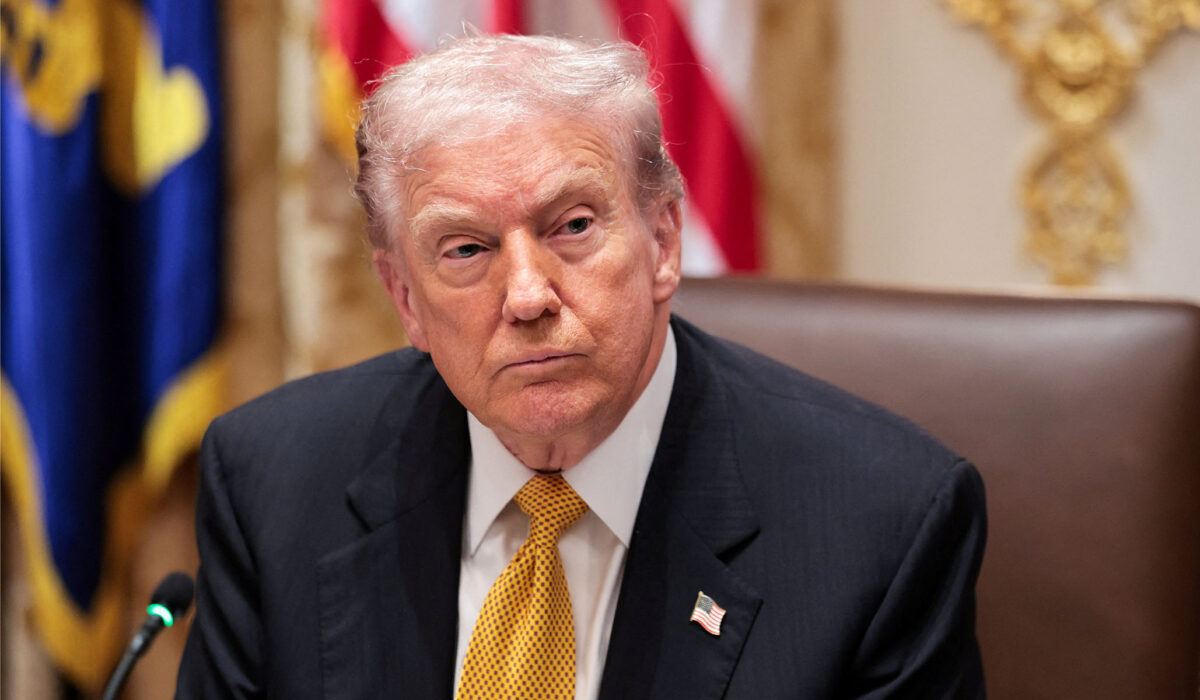Why Large-Scale U.S. Military Intervention Looks Unlikely
We’re watching a tense situation overseas and asking what Washington is actually ready to do about it. From a Republican point of view, the answer is practical: use power smartly, avoid open-ended commitments, and protect American interests first.
“But the prospects of major U.S. intervention in this situation are grim.” That line captures a reality politicians on both sides understand but few admit in public: big wars demand big consent that isn’t there today. Voters are wary, budgets are tight, and troop readiness has limits.
Cost is the first hard barrier. Large-scale intervention would mean dollars and manpower for years, and Republicans who control spending priorities will push back hard unless there’s a clear, measurable return.
Political timing is another constraint. Elections always change incentives, and Congress must sign off on substantial commitments. Republican leaders who want to keep control of budgets and messaging will demand a concise objective and exit plan before approving anything major.
There are smarter tools short of invasion, and those are the options Republicans prefer. Sanctions, targeted strikes, increased intelligence sharing, and supplying partners with defensive systems let the U.S. pressure bad actors without repeating the mistakes of past occupations.
President Trump’s approach to foreign entanglements—favoring leverage and deals over prolonged boots-on-the-ground campaigns—resonates with this posture. GOP voters respond to a promise of strength combined with discipline: use power when it advances national interest, otherwise hold the line.
Regional partners must carry more of the load if large operations are to succeed, and Republicans will push for clearer burden-sharing. When allies contribute meaningfully, U.S. involvement becomes more sustainable and politically defensible back home.
Escalation risk is a real deterrent to sweeping action. Once large forces commit, containment becomes costly and open-ended, so the Republican argument stresses clear, limited objectives to prevent mission creep and the unintended consequences that follow.
Domestic priorities also shape the debate. Infrastructure, veterans care, and border security are on many conservative checklists, making it harder to get broad support for funding major foreign campaigns. Republicans who control appropriations will ask tough questions about trade-offs every time.
The right play from a Republican standpoint is straightforward: define specific aims, set measurable milestones, lean on sanctions and partner support, and keep American forces out of prolonged entanglements unless vital national security is at stake. That discipline preserves credibility, limits taxpayer exposure, and forces adversaries to face real consequences without dragging the country into another open-ended conflict.

